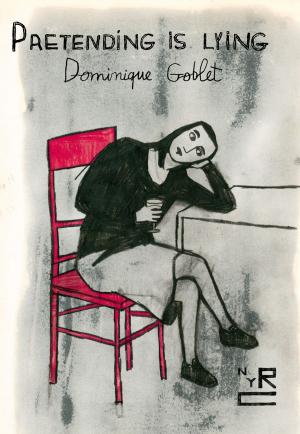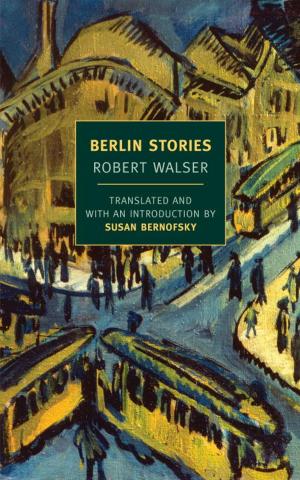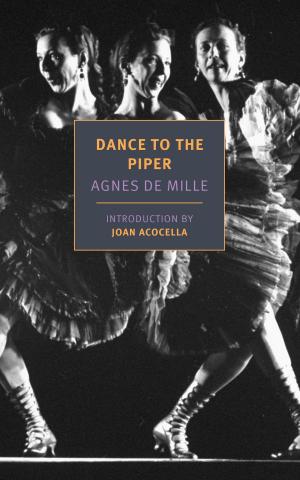The Lord Chandos Letter
And Other Writings
Fiction & Literature, Literary Theory & Criticism, Short Stories, Classics| Author: | Hugo Von Hofmannsthal | ISBN: | 9781590175439 |
| Publisher: | New York Review Books | Publication: | May 16, 2012 |
| Imprint: | NYRB Classics | Language: | English |
| Author: | Hugo Von Hofmannsthal |
| ISBN: | 9781590175439 |
| Publisher: | New York Review Books |
| Publication: | May 16, 2012 |
| Imprint: | NYRB Classics |
| Language: | English |
Hugo von Hoffmannsthal made his mark as a poet, as a playwright, and as the librettist for Richard Strauss’s greatest operas, but he was no less accomplished as a writer of short, strangely evocative prose works. The atmospheric stories and sketches collected here—fin-de-siècle fairy tales from the Vienna of Klimt and Freud, a number of them never before translated into English—propel the reader into a shadowy world of uncanny fates and secret desires. An aristocrat from Paris in the plague years shares a single night of passion with an unknown woman; a cavalry sergeant meets his double on the battlefield; an orphaned man withdraws from the world with his four servants, each of whom has a mysterious power over his destiny.
The most influential of all of Hofmannsthal’s writings is the title story, a fictional letter to the English philosopher Francis Bacon in which Lord Chandos explains why he is no longer able to write. The “Letter” not only symbolized Hofmannsthal’s own turn away from poetry, it captured the psychological crisis of faith and language which was to define the twentieth century.
Hugo von Hoffmannsthal made his mark as a poet, as a playwright, and as the librettist for Richard Strauss’s greatest operas, but he was no less accomplished as a writer of short, strangely evocative prose works. The atmospheric stories and sketches collected here—fin-de-siècle fairy tales from the Vienna of Klimt and Freud, a number of them never before translated into English—propel the reader into a shadowy world of uncanny fates and secret desires. An aristocrat from Paris in the plague years shares a single night of passion with an unknown woman; a cavalry sergeant meets his double on the battlefield; an orphaned man withdraws from the world with his four servants, each of whom has a mysterious power over his destiny.
The most influential of all of Hofmannsthal’s writings is the title story, a fictional letter to the English philosopher Francis Bacon in which Lord Chandos explains why he is no longer able to write. The “Letter” not only symbolized Hofmannsthal’s own turn away from poetry, it captured the psychological crisis of faith and language which was to define the twentieth century.















